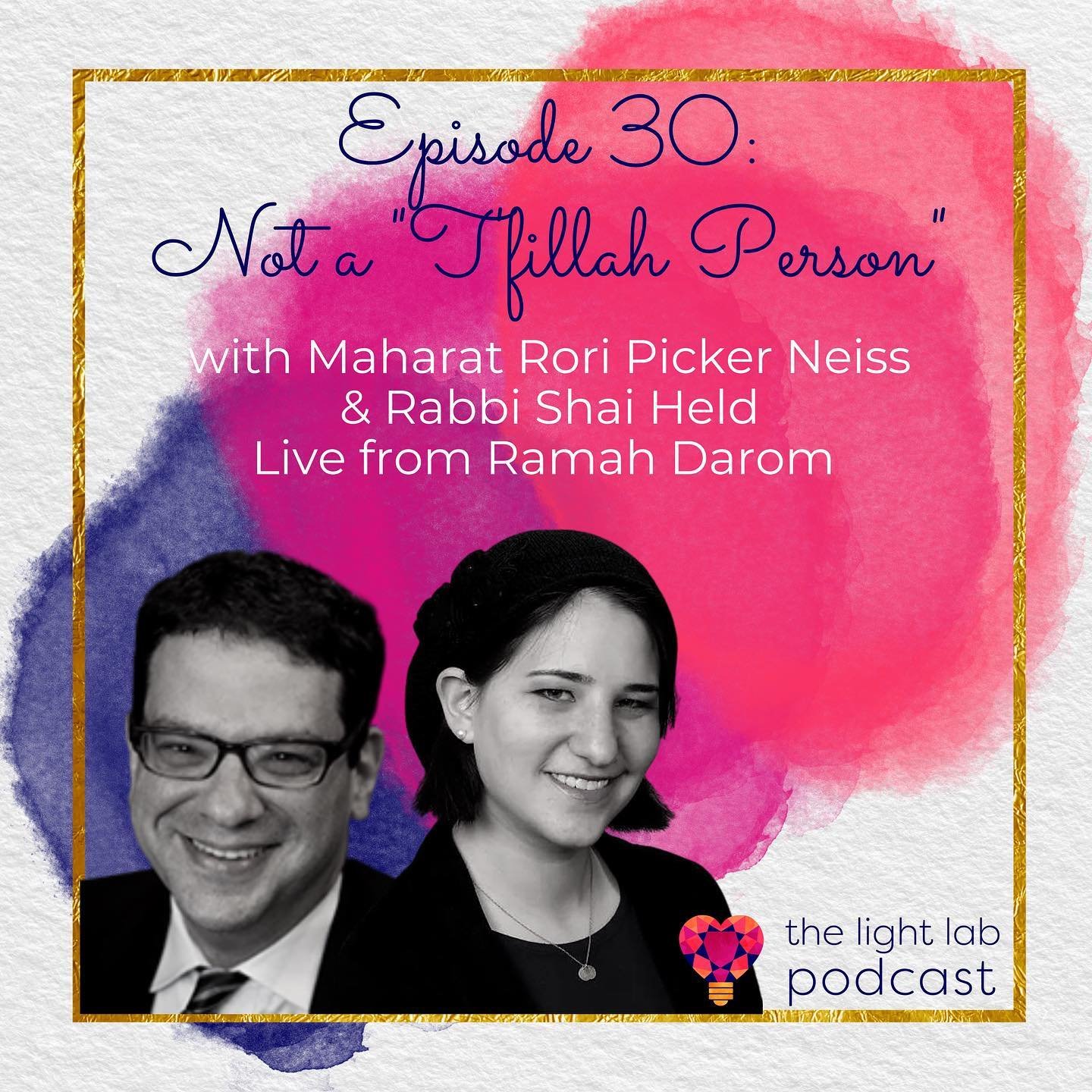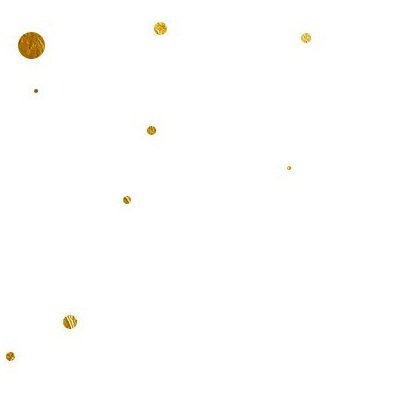Episode 30: Not a “T’fillah Person” (with Maharat Rori Picker Neiss and Rabbi Shai Held-live at Ramah Darom)
Listen Now
Not a “T’fillah Person”
This week we’re excited to share a double-interview recorded live at the Ramah Darom Pesach retreat this past spring. Maharat Rori Picker Neiss is the Executive Director of the Jewish Community Relations Council of St. Louis and an inspiring activist and advocate. Rabbi Shai Held is president and dean of the Hadar Institute and a foremost theologian, scholar, and teacher. Neither of thought they had much to say about liturgy or prayer. I would disagree! Our guests explore prayerfulness, history, Jewish parenting, t’fillah education, synagogues, the post/mid-covid world, and more. It’s a reminder that not all people feel the most “prayerful” in prayer, and that Jewish life contains multitudes. So take a listen, even if you don’t think of yourself as a “t’fillah person” either :)
Join our new Facebook group to discuss all things T’fillah and T’fillah education here!
(1:32) Learn more about Ramah Darom here.
(2:23) Learn more about Hadar here.
(2:28) Learn more about the Jewish Theological Seminary here.
(2:36) Learn more about the Covenant Award here.
(3:33) Learn more about the Jewish Community Relations Council of St. Louis here.
(3:50) Learn more about Yeshivat Maharat here.
(3:59) Learn more about Religions for Peace USA here.
(4:02) Learn more about the Jewish Orthodox Feminist Alliance here.
(4:07) Learn more about the American Jewish Community here.
(4:21) Learn more about the North American Interfaith Youth Network of Religions for Peace here.
(4:22) Learn more about Rabbis without Borders here.
(4:25) You can find Interactive Faith: the Essential Interreligious Community Building Handbook here.
(7:53) Beit midrash – בית מדרש – study hall.
(10:15) Yamim noraim – ימים נוראים – the High Holidays. Learn more here.
(11:35) Betzet yisrael – בצאת ישראל – a prayer in the Hallel service.
(12:28) Agudah – a type of right-wing congregation. Learn more here.
(15:34) Kavanah – קוונה – intention.
(16:45) You can find Man’s Quest for God by Abraham Joshua Heschel here.
(19:18) Birkat hamazon – ברכת המזון – a set of blessings recited after a meal. Learn more here.
(23:02) Chumash – חומש – Torah book.
(23:29) Shabbos kiddush – קידוש של שבת – blessing over grape juice or wine for Shabbat. Learn more here.
(24:01) Kabbalat Shabbat – קבלת שבת – a service for welcoming Shabbat. Learn more here.
(26:53) Learn more about Ramaz here.
(29:09) Bakashot – בקשות – requests.
(34:50) Kel maley – referring to the El Maleh Rachamim – אל מלא רחמים – prayer of remembrance. Learn more here.
(34:55) Learn more about the Mourner’s Kaddish here.
(39:29) Learn more about B’nai mitzvah here.
(43:43) Listen to our episode about Modeh Ani here!
(44:44) Learn more about Az yashir – אז ישיר – the Song of the Sea – here.
(48:43) Kittel – (Yiddish) קיטל – a white robe worn by some on the High Holidays and other holy moments. Learn more here.
(53:47) Avodat Hashem – עבודת השם – serving g?d by fulfilling religious and spiritual obligations.
(55:23) Kiddush – קידוש – the prayer over wine or grape juice, and in this context, the communal gathering over food afterward.
(57:01) Parsha – פרשה – weekly Torah portion. Learn more here.
(57:36) Leyn – (Yiddish) לין – chanting Torah with trope. Learn more here.
(57:43) Bereshit barah elokim et hashamayim ve’et ha’aretz
בְּרֵאשִׁ֖ית בָּרָ֣א אֱלֹהִ֑ים אֵ֥ת הַשָּׁמַ֖יִם וְאֵ֥ת הָאָֽרֶץ׃
When g?d began to create heaven and earth. (Genesis 1:1)
(1:02:04) Learn more about Carlebach’s music here.
(1:03:09) Listen to Carlebach’s Eishet Chayil here.
(1:03:38) Learn more about and listen to Joey Weisenberg’s music here.
(1:03:48) Nigunim – ניגונים – songs without words. Learn more here.
(1:12:20) Ha’arev-na adonai eloheinu et divrei toratcha b’finu
וְהַעֲרֵב נָא , ה’ אֱלֹהֵינוּ, אֶת דִּבְרֵי תוֹרָתְךָ בְּפִינוּ
Please g?d make the words of Torah sweet in our mouths.
From the morning liturgy.
(1:13:23) Ana avdah d’kudesha brich hu
אנא עבדא דקודשא בריך הוא (Aramaic)
I aspire to be a servant of the Blessed Holy One (Shai’s translation)
From the meditation before the open ark on Shabbat. .


